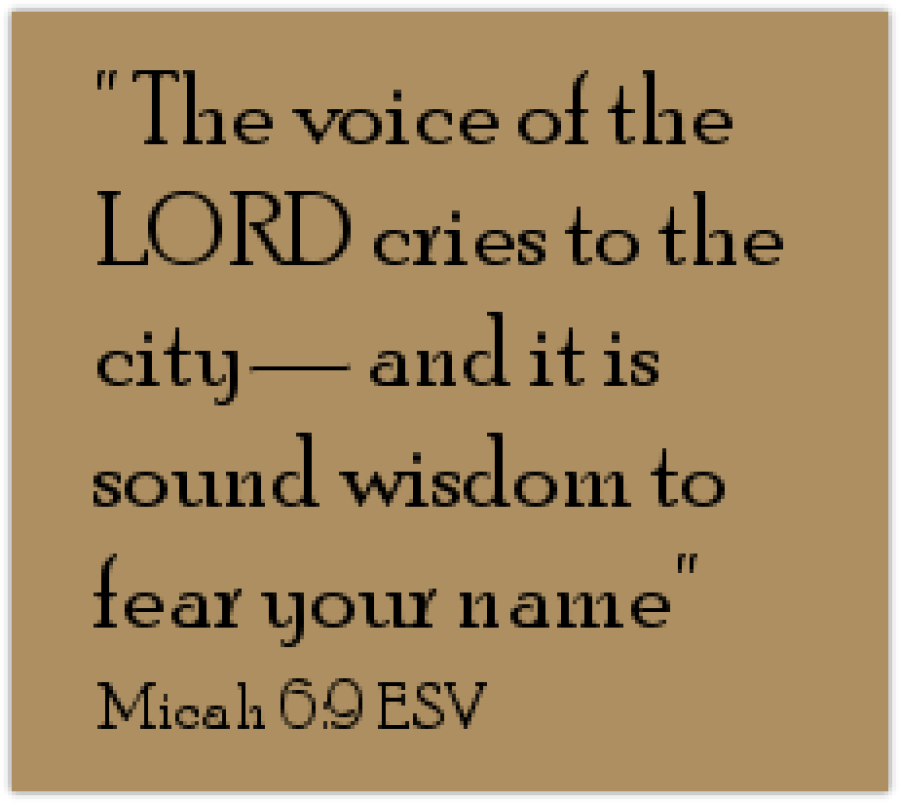FEARING God or Fearing GOD?
Image

The Scriptures constantly remind us to fear God (Leviticus 25:17, for example), and we find out that such a fear is the “beginning of knowledge” (ESV, Proverbs 1:7). while the fear of man “lays a snare” (Proverbs 29:25).
Many who choose to honor God struggle over what it means to “fear” God. Should we be afraid of him? Or does it mean we reverence him? Or some of both? Even believers in Jesus need to fear God in the sense that we fear his wrath, discipline, and displeasing him. We remember, as the writer to Hebrews reminds us, that our God is a “consuming fire” (Hebrews 12:29). Yet we can call God “Abba, Father” (Romans 8:15), a term of endearment.
A Jewish perspective on fearing God is summarized in the Jewish Encyclopedia:
Who fears God will refrain from doing the things that would be displeasing to Him, the things that would make himself unworthy of God’s regard. Fear of God does not make men shrink from Him as one would from a tyrant or a wild beast; it draws them nearer to Him and fills them with reverential awe. That fear which is merely self-regarding is unworthy of a child of God.
What many of us fail to realize, however, is the Biblical assumption that we all fear someone or something. Thus, in my opinion, the emphasis should not be upon FEARING God, but fearing GOD.
The idea of fearing God is that we fear God’s displeasure more than we fear the wrath of men. Because we fear God, we fear no other gods, for our God is a jealous God (Exodus 20:5) and demands to be our only God. We want to please Him in all things (Colossians 1:10).
Secularists may fear science, philosophy, psychology, personal comfort, personal freedom, or a political camp. Pagans and off-target monotheists, in contrast, may fear their false gods. Even when the children of Israel turned to other gods, they are said to have “feared them,” as we find in Joshua 6:9-10.
I delivered you from the hands of the Egyptians and from the hands of all your oppressors, and dispossessed them before you and gave you their land, and I said to you, “I am the Lord your God; you shall not fear the gods of the Amorites in whose land you live. But you have not obeyed Me.”
The issue, then, is not the intensity of our fear, but whom or what we fear. Sometimes, it may boil down to whom we fear most. All of us fear displeasing those we love, looking bad, or being embarrassed. And it is a good thing we do; the Scriptures encourage us toward these lesser fears, often designated as honoring authority, living graciously, or considering others. The issue, then, is a matter of priority.
Who has our top, primary allegiance? Is it our Lord, or our peer group, our career, money, our home or car, our physical appearance, our favorite sport or most enjoyable recreation? Even our family must take a back seat to our allegiance to God. Matthew 10:37 makes it clear that our allegiance to the Lord must even outshine our love for our family, as crucial as that love is:
He who loves father or mother more than Me is not worthy of Me; and he who loves son or daughter more than Me is not worthy of Me.
Who is this God we fear? His personal name is Yahweh, meaning “The One Who Is,” or “The Self-existent One,” or perhaps even “the One Who Causes All to Be.” Thus our God is self-derived, having had no beginning and without end. He is revealed through his Son, Yeshua (Jesus). He is revealed as the one God who is three Persons (Matthew 28:19-20). He is the God of the Bible; any variation on this God is less than the true God. While many believe in one God, not all believe in the same God. Our lot is cast with God as He is revealed in Scripture.
So when you see the many Bible verses about “fearing God,” do not put the emphasis on the word “fear,” but on “God.” Does he have priority in your life?
Ed Vasicek Bio
Ed Vasicek was raised as a Roman Catholic but, during high school, Cicero (IL) Bible Church reached out to him, and he received Jesus Christ as his Savior by faith alone. Ed earned his BA at Moody Bible Institute and served as pastor for many years at Highland Park Church, where he is now pastor emeritus. Ed and his wife, Marylu, have two adult children. Ed has published over 1,000 columns for the opinion page of the Kokomo Tribune, published articles in Pulpit Helps magazine, and posted many papers which are available at edvasicek.com. Ed has also published the The Midrash Key and The Amazing Doctrines of Paul As Midrash: The Jewish Roots and Old Testament Sources for Paul's Teachings.
- 65 views


Discussion